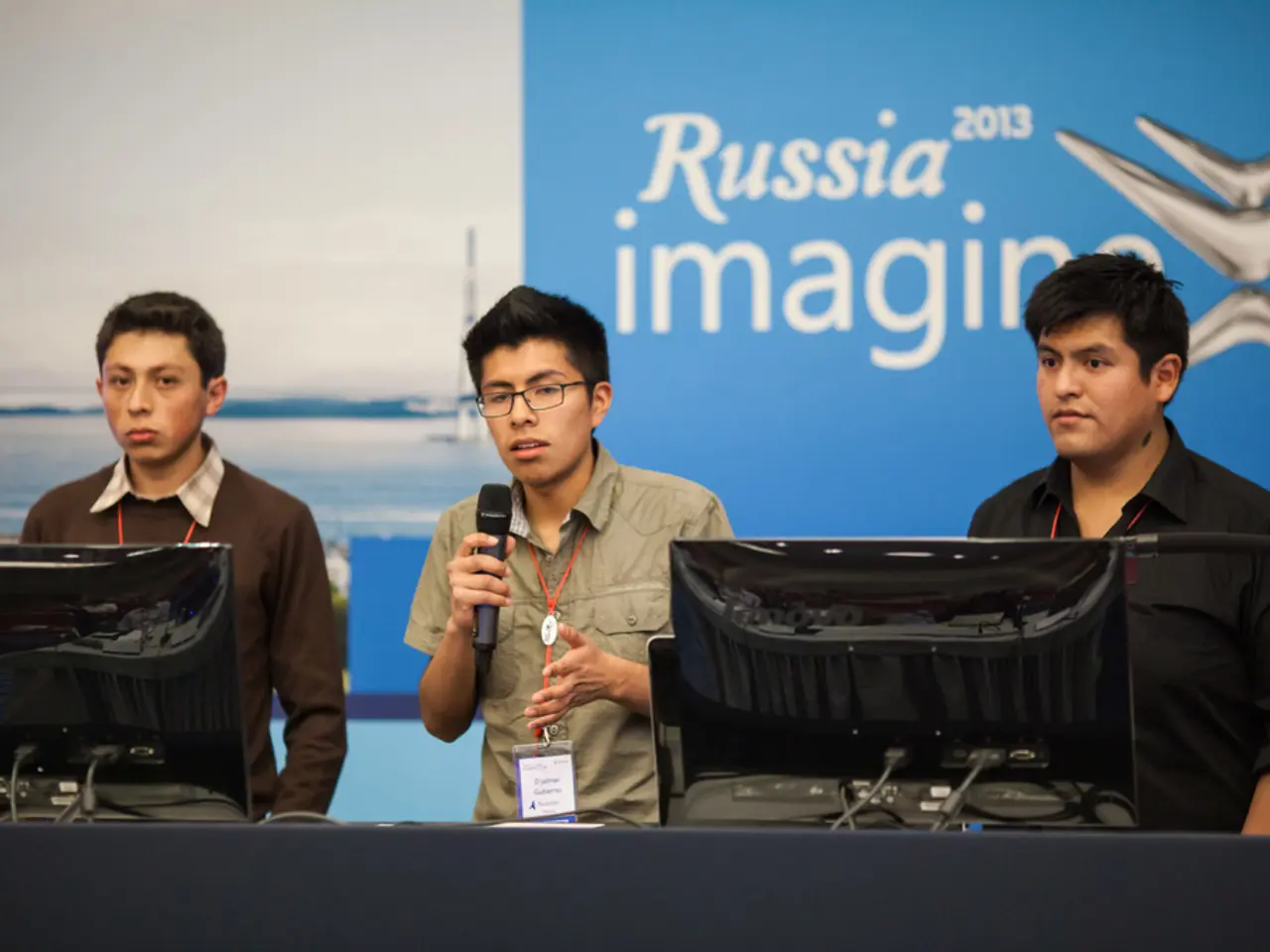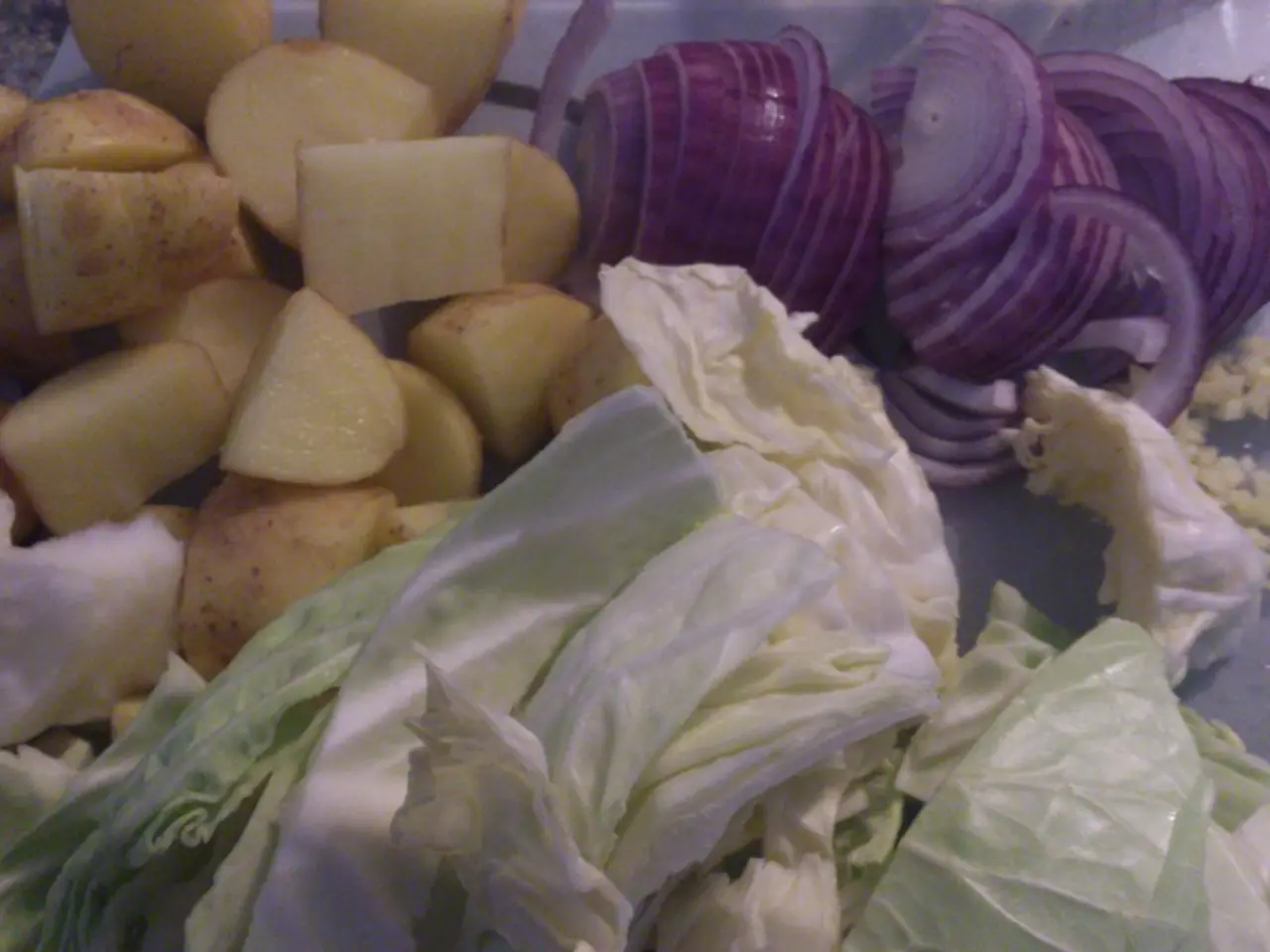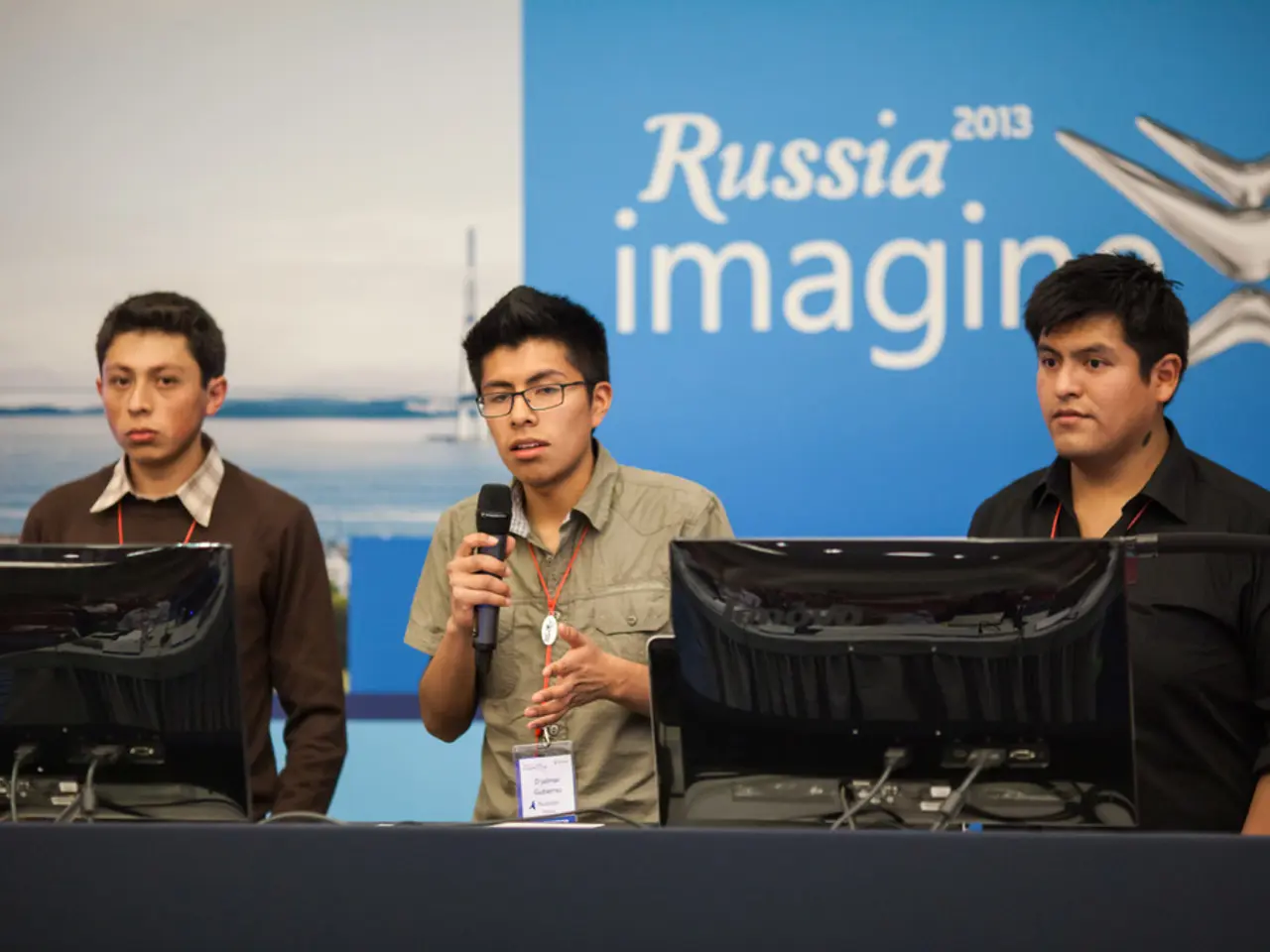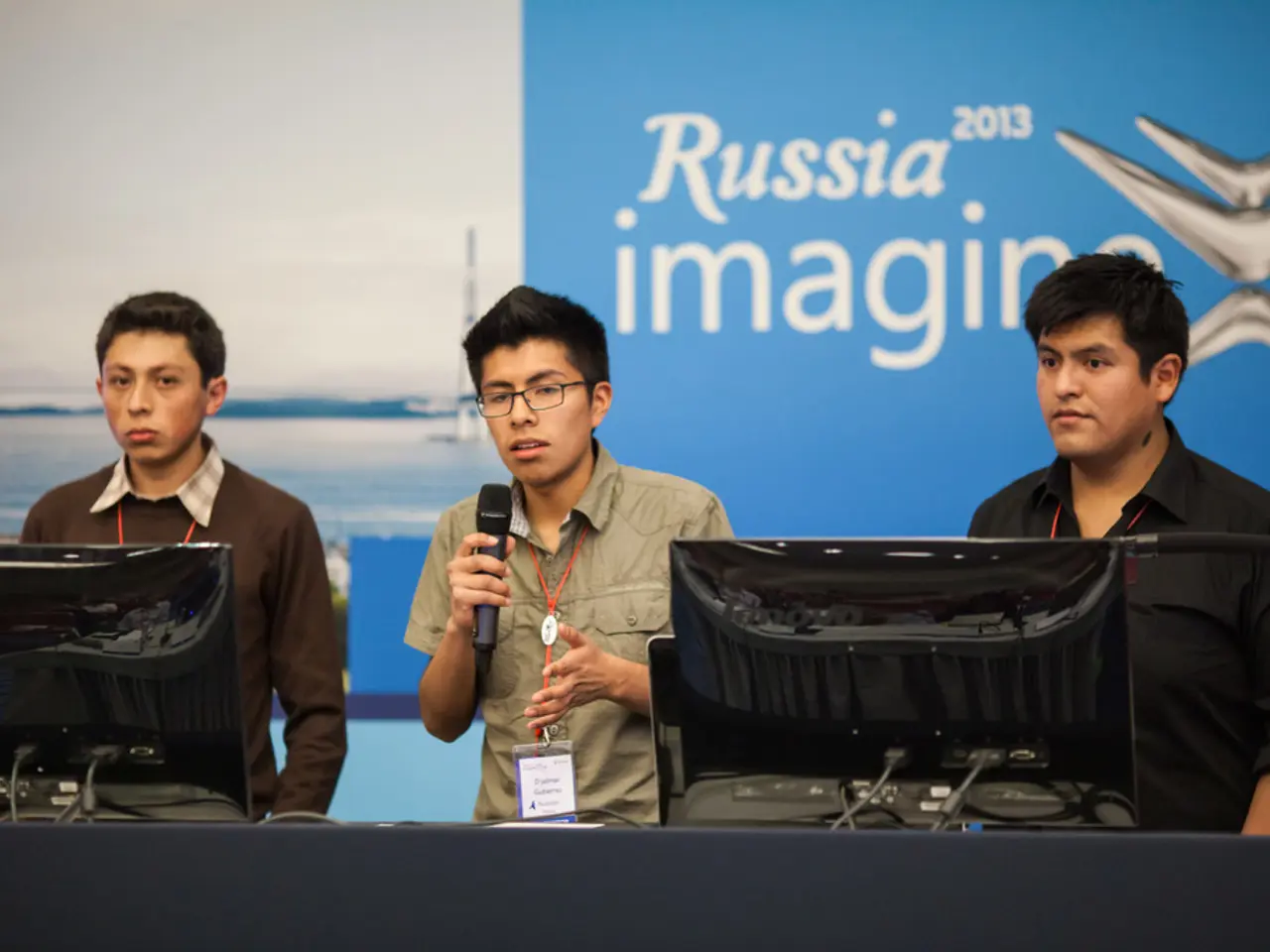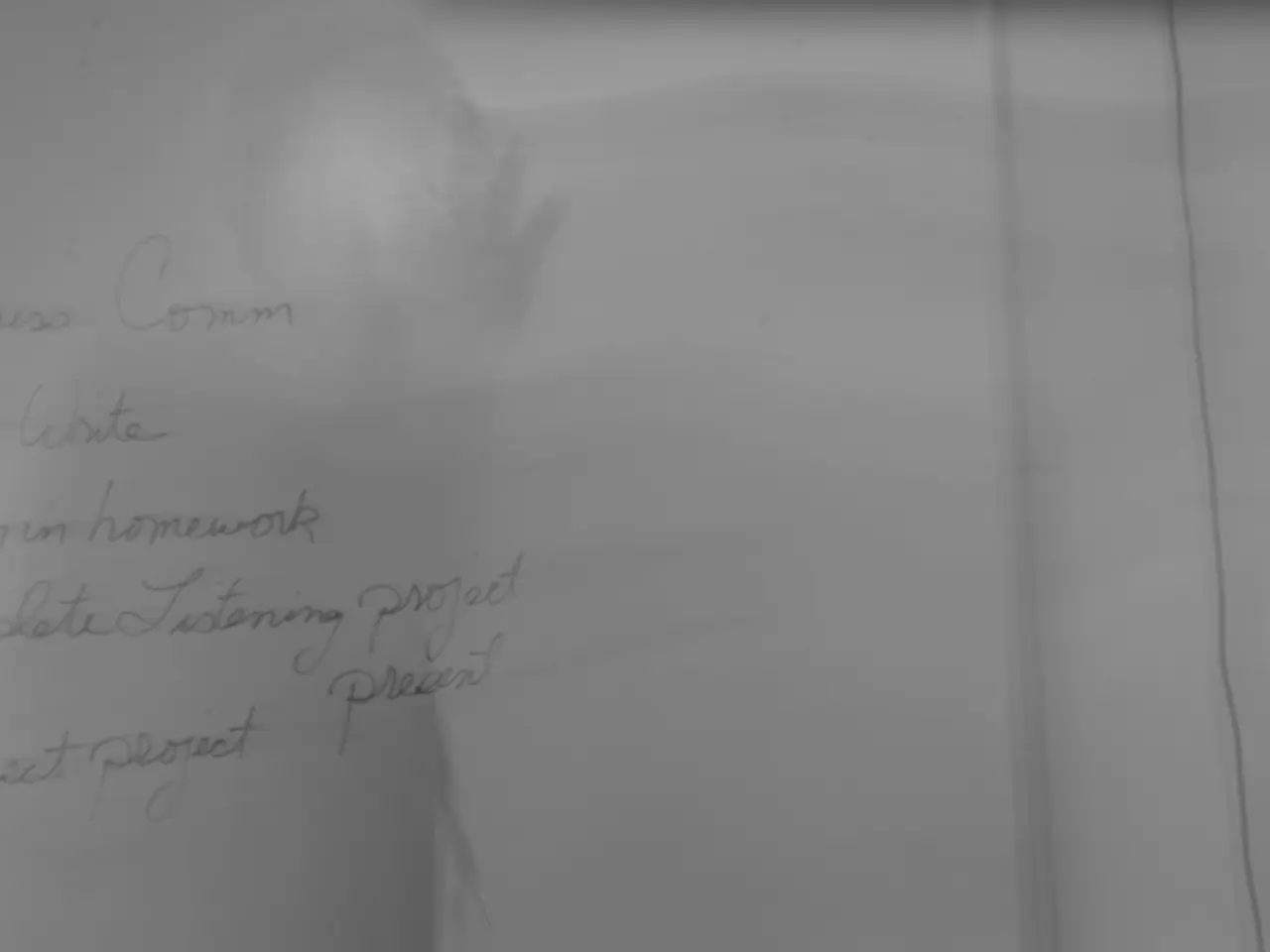Israel's reason for safeguarding the Druze community within Syria's borders.
In the heart of the Middle East, the Druze minority group, an Arabic-speaking religious sect numbering around a million people, plays a significant yet complex role in the political landscape. This religious community, which emerged from a branch of Shia Islam in the 11th century, has unique beliefs such as reincarnation and no acceptance of converts.
In Syria, the Druze population, numbering about 700,000 (approximately 3% of the population), is mainly concentrated in the southern province of Sweida and parts of Damascus. Historically, they have maintained a degree of autonomy but have faced challenges amid Syria’s civil conflict. In Israel, the Druze comprise the world’s third-largest Druze population after Syria and Lebanon. Israeli Druze prioritise their Druze identity but have also integrated closely with the Israeli state, including mandatory military conscription, unlike other Arab citizens.
Recently, the Druze community in Syria has been caught in violent clashes with local Bedouin tribes and Syrian government forces. This violence escalated into an international incident that prompted Israeli airstrikes targeting Syrian government military sites, under the pretext of protecting the Druze. However, analysts view Israel’s role in protecting the Druze as using them as a "pawn" in a broader military and political strategy against Syria’s government. Israeli Druze living in the occupied Golan Heights have also felt the impact, with some crossing into Syria to support their fellow Druze amid the clashes.
In Israel, Druze citizens have a unique position: they serve in the military and often distinguish themselves in combat units. Their loyalty to the state contrasts with their minority status and cultural identity. Recent protests by Israeli Druze demanded more concrete support from the Israeli government for Druze in Syria facing violence, highlighting the community’s balancing act between national loyalty and religious-ethnic solidarity.
Historically, some Druze volunteers from Syria and Lebanon fought during the 1948 Arab-Israeli war as part of the Arab Liberation Army, adding complexity to their relationship with the Israeli state, which has developed into cooperation with local Druze communities through political engagement.
The Druze have been historically valued and sometimes instrumentalised by regional powers, including Israel, for strategic purposes in conflicts, especially in Syria. While striving to maintain community rights and autonomy, the Druze find themselves vulnerable due to shifting alliances and broader regional tensions. In Israel, while integrated and serving in the military, the Druze still negotiate their communal identity amid their political role and ethnic ties across borders.
The Druze community in Israel is largely praised by Jewish-Israeli society for being loyal, integrated citizens. However, recent political events have caused tension. The Druze were deeply angered by the 2018 Nation-State Law in Israel which gave only Jews the constitutional right to self-determination. Israeli Druze politicians have filed petitions against the law, and Netanyahu has to appease people in his own country, as Israeli Druze make up a significant portion of the army.
Joshua Landis, a Syria expert, stated that Netanyahu is using the Druze as a pawn to keep Syria weak and divided. Prime Minister Benjamin Netanyahu warned Israeli Druze living in the occupied Golan Heights against going to Sweida, but some still did. Israel launched attacks on key symbols of power in Damascus, including the presidential palace, Defence Ministry, and army headquarters, claiming it was to protect the Druze in Syria.
Ghasan Alyan, the current head of Cogat, a military unit that administers Israeli control in the occupied West Bank and Gaza, is a member of the Druze community. Approximately 150,000 Druze live in Israel and the Israeli-occupied Golan Heights, recognised by most of the international community as Syrian territory.
Prof Rahaf Al Doughli, an assistant professor at Lancaster University, stated that Israel's behaviour is linked to the Syrian government's approach to the sectarian problem, which she described as one-sided. She further suggested that instead of questioning why Israel is bombing the Syrian army, the question should be why the Druze community in Syria would ever need protection by Israel.
In conclusion, the Druze minority group, with their unique history, beliefs, and political role, navigates a complex landscape of regional geopolitics, minority rights, military involvement, and ethnic ties. Their position, while valued by regional powers, leaves them vulnerable to shifting alliances and broader regional tensions.
- In Syria, the Druze population, numbering about 700,000, is mainly concentrated in the southern province of Sweida and parts of Damascus.
- Israel, with a significant Druze community, comprises the third-largest Druze population after Syria and Lebanon.
- Recognized by most of the international community as Syrian territory, approximately 150,000 Druze live in Israel and the Israeli-occupied Golan Heights.
- The Druze community in Syria has been caught in violent clashes with local Bedouin tribes and Syrian government forces, prompting Israeli airstrikes.
- Israeli Druze have a unique position in the country, serving in the military and often distinguishing themselves in combat units, while navigating their minority status and cultural identity.
- Analysts view Israel’s role in protecting the Druze in Syria as a part of a broader military and political strategy against Syria’s government, potentially using them as a "pawn".

